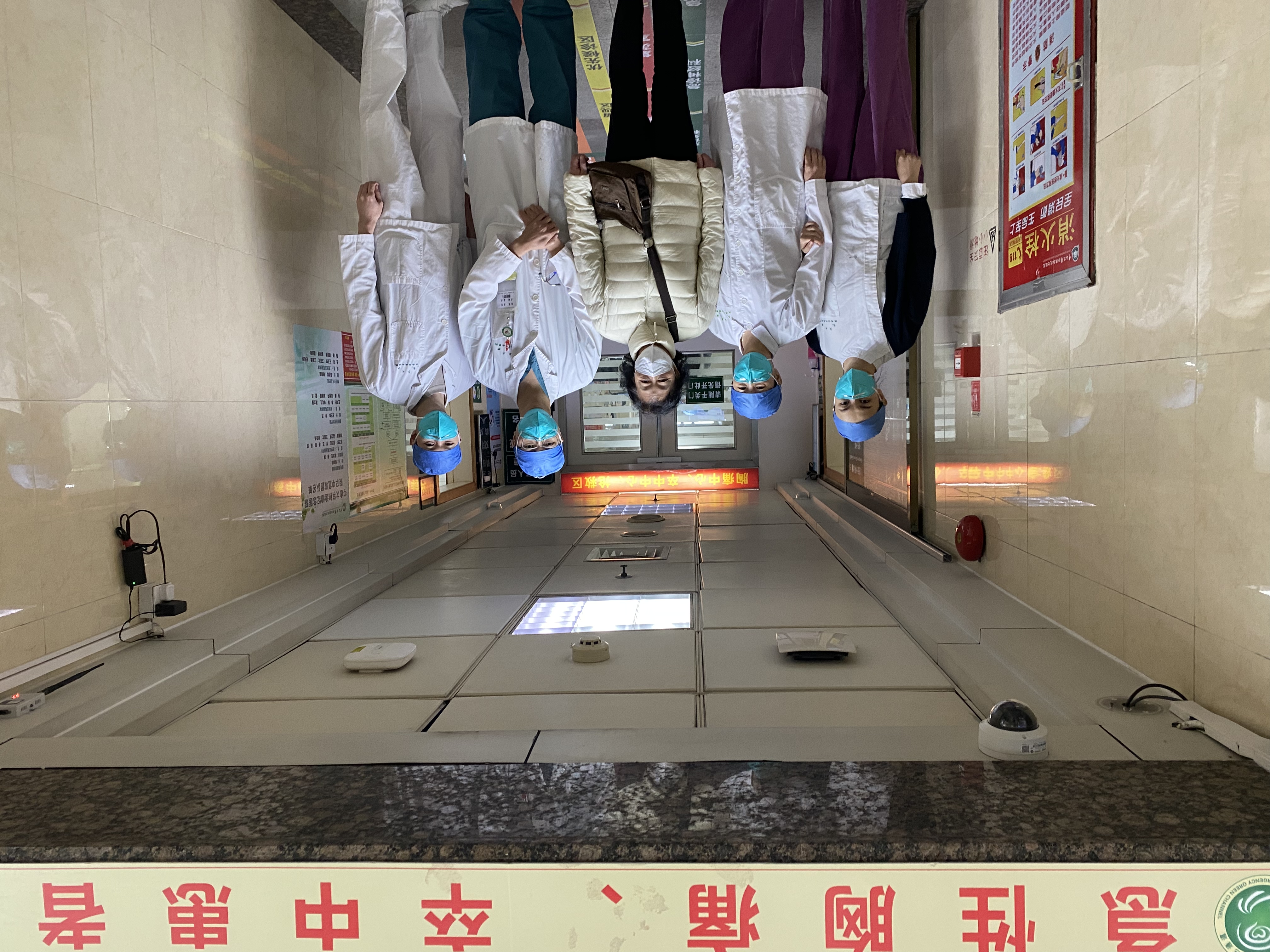Late one night before the Spring Festival, a rush of phone calls came to the emergency triage at the South Campus of Sun Yat-sen Memorial Hospital of Sun Yat-Sen University.
"Hurry! A person collapsed here!" It was from the gatekeeper of the Department of Emergency Medicine.
The on-duty medical workers rushed out and saw a woman collapsed at the door of the hospital. She had lost consciousness and had stopped breathing; her arterial pulse had also vanished.
The medical staff immediately gave her continuous chest compressions, electrical defibrillation, endotracheal intubation, and assisted ventilation.
The shadow of death receded under the quick response of doctors and nurses. Five minutes later, Ms. Yao got her heartbeat and breathing back.
However, under that circumstance, she could still experience ventricular fibrillation, tachycardia, and other malignant arrhythmias at any time. The Department of Emergency Medicine immediately contacted the Department of Cardiology for joint treatment. Later, she was successfully transferred to the Cardiovascular Intensive Care Unit.
She was diagnosed with sudden cardiac arrest (SCA), COVID-19 infection, atrial fibrillation, high blood pressure, and liver insufficiency.
Eight days later, with all the health indicators having returned to normal, Ms. Yao was discharged from the hospital.
She had essentially resumed her pre-COVID-19 life when she arrived at the hospital for follow-up care two weeks after being discharged.

Ms. Yao (in the middle) and the medical staff. (Photo provided to GDToday)
Statistics show that there are about 544,000 sudden cardiac deaths in China every year, and the average survival rate after treatment is below 1%.
Zhang Yuling, chief physician of the hospital's Department of Cardiology, reminds us that along with the combination of multiple cardiovascular diseases and COVID-19 infection, the likelihood of myocardial injury occurring and cases becoming critically ill tends to rise. And the risk of sudden cardiac death also greatly increases.
How should patients with cardiovascular diseases prevent sudden cardiac death as China enters a new phase of COVID response?
Zhang Yuling gave the following suggestions:
*For patients with cardiovascular disease and who haven't been infected with COVID-19:
1.Exercise protective measures, avoid entering crowded places, wear a mask, and get vaccinated against the coronavirus.
2.Do moderate exercise, and have fresh fruits and vegetables.
3.Long-term regular use of preventive or therapeutic drugs for cardiovascular disease should not be discontinued at will.
*For patients with cardiovascular disease who have been infected with COVID-19:
1.Maintain a healthy lifestyle.
2.Take medications regularly.
3.Clinically, most COVID-infected patients experience fever, cough, and shortness of breath. People should be cautious and take precautions if they have a fever that lasts longer than three days, a severe cough that won't go away, or an oxygenation index lower than 93% as measured by the fingertip pulse oximeter. Go to the hospital in a timely manner if needed.
4.Pay attention to identifying the early symptoms of heart disease and preventing it in advance.
*For patients with cardiovascular disease after a COVID-19 infection:
1.Continue to maintain a healthy lifestyle.
2.Take medications for cardiovascular diseases regularly.
3.Pay attention to changes in your condition. You should see a doctor right away if the initial symptoms return frequently, worsen, or if new symptoms start to manifest.
Author | Hannah
Editor | Wing, Nan, Monica, James
















